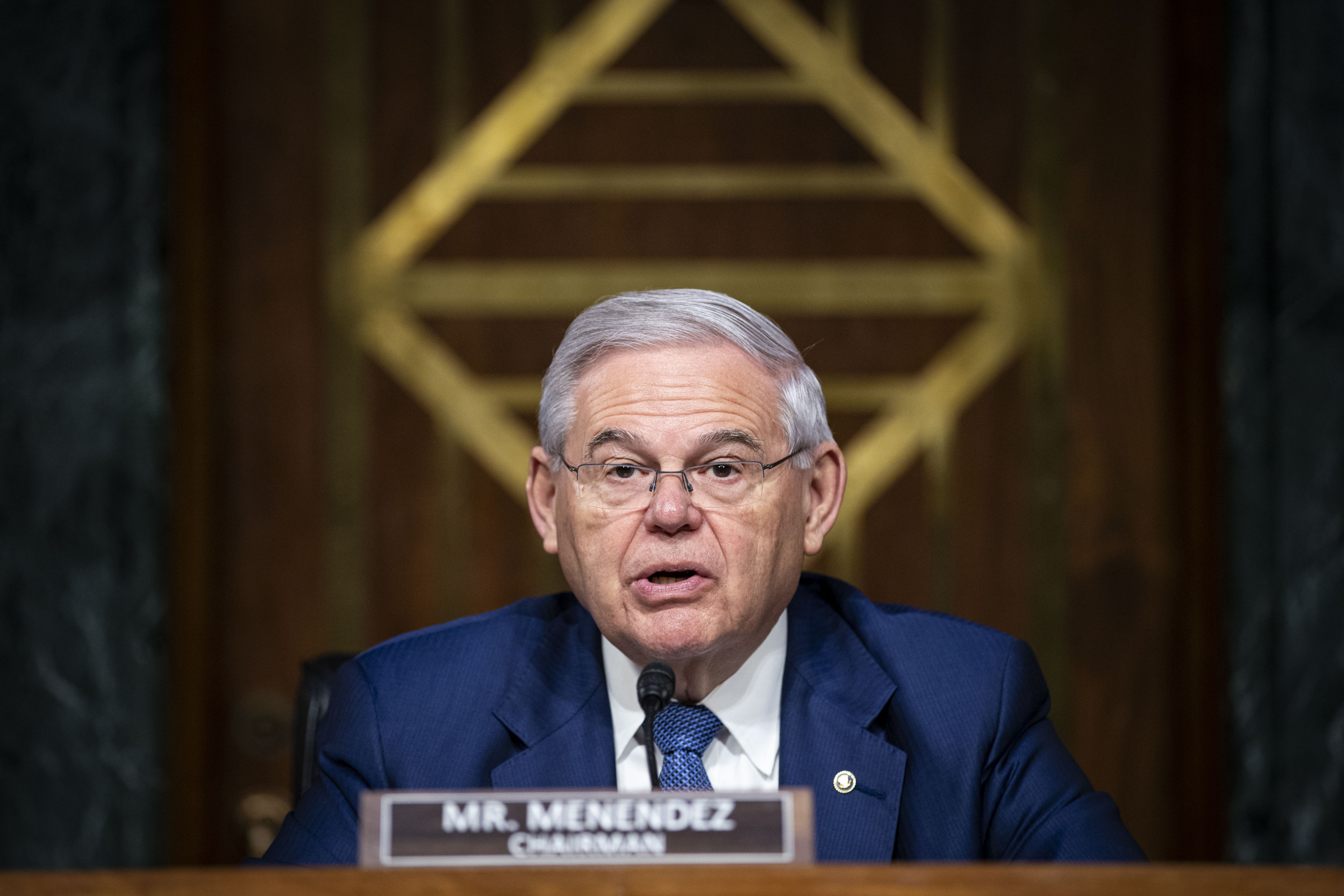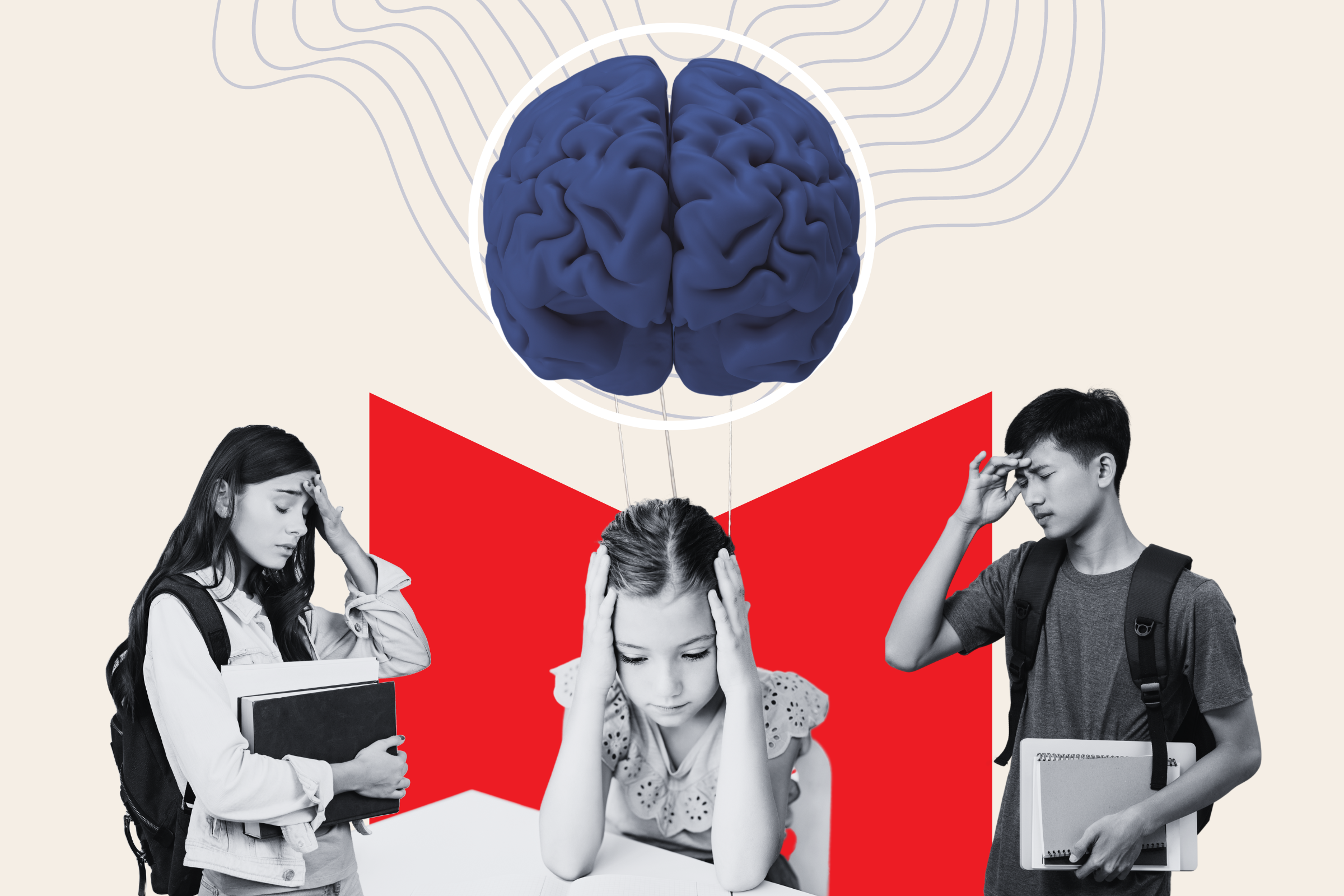China's most important political event of the year, the "Two Sessions," will kick off in Beijing on Monday.
As the country's annual political gathering, known as "lianghui" in Chinese, commences, all eyes will be on announcements about ministerial changes, economic growth indicators and defense spending.
The Two Sessions bring together the National People's Congress (NPC) and the Chinese People's Political Consultative Conference (CPPCC), providing a platform to discuss state matters, budgets and economic policies for the upcoming five-year period.
China's national legislature, the National People's Congress, will start its meeting on March 5, while the top advisory body, the Chinese People's Political Consultative Conference, will hold its gathering from March 4.

"Implementing the Party Central Committee's major policies and decisions and arrangements is an important task of the Two Sessions," Zhang Lianqi, a member of the Standing Committee of the National Committee of the Chinese People's Political Consultative Conference, told Xinhua.
The key meetings come after the Chinese political system has faced enormous upheavals as top leaders, including the foreign minister and the defense minister, have been ousted.
Over the past year, more than 10 senior officials, who were present at the same gathering a year ago, have been removed from their posts. Among them are Qin Gang, China's shortest-serving foreign minister, and Li Shangfu, China's shortest-serving defense minister.
Qin Gang, who hasn't been seen in public since June, stepped down from the 14th NPC as the Tianjin Municipal People's Congress Standing Committee accepted his resignation. Qin's whereabouts aren't known as the mystery around his dismissal continues.
Nine People's Liberation Army generals, including former rocket force commanders, faced removal from the legislature in December on charges of "serious violations of discipline and law," a party euphemism for corruption. The ongoing purge in the military and diplomatic corps is raising questions about leader Xi Jinping's commitment to political cleanliness.
Observers will also look for personnel changes at the Two Sessions, as the developments from the meeting will provide insight into Xi's grip on economic issues.
"The most basic bread-and-butter policy and personnel issues are in play (how to fix the economy, who will occupy important ministerial posts)," William Hurst, a professor at Cambridge University, wrote on X, formerly Twitter.
Experts will also watch to see if Beijing's political purge has ended.
"People are looking for different things," Deng Yuwen, a former deputy editor of the Study Times, the official newspaper of the Chinese Communist Party's Central Party School, said, according to the South China Morning Post (SCMP). "Political observers will certainly want to know if Beijing's purge is coming to an end, especially in its military and diplomatic corps. Interactions among the top leaders will also be watched closely for the outside world to gauge their unity."
Neil Thomas, a fellow for Chinese politics at the Asia Society Policy Institute's Centre for China Analysis, told the SCMP that personnel changes will be a key focus.
"If the new defense minister or foreign minister does not also become a state councilor, it will make them less powerful officials and suggest that Xi does not fully trust them," Thomas said.
Observers will also closely monitor the economic agenda emerging from the Two Sessions.
"Foreign investors will be looking for signs that Beijing has returned to a pro-development mode, including China's GDP target and development strategies," Deng added.
The Chinese economy continues to suffer from weak consumer demand and manufacturing as the purchasing managers' index (PMI) for February stood at 49.1, below 50, indicating a contraction.
Thomas believes the economic growth plan emerging from the meetings may not be ambitious, signaling a continuity from last year's growth target.
"However, the evidence thus far suggests that policy modifications will primarily involve fine-tuning existing economic policy mechanisms, rather than deploying pathbreaking new approaches. Xi himself appears to believe that current issues are the short-term pain required for the long-term gain of a more secure and self-reliant economy," Thomas wrote in a recent analytical article for the New York think tank Asia Society.
China's neighbors will be keeping an eye on Beijing's defense spending.
"China's neighbors will want to know its military budget growth targets; and the Chinese people will be more interested in the government's plan to create jobs," Deng told the SCMP.
Uncommon Knowledge
Newsweek is committed to challenging conventional wisdom and finding connections in the search for common ground.
Newsweek is committed to challenging conventional wisdom and finding connections in the search for common ground.
About the writer
Aadil Brar is a reporter for Newsweek based in Taipei, Taiwan. He covers international security, U.S.-China relations, and East Asian ... Read more
To read how Newsweek uses AI as a newsroom tool, Click here.





